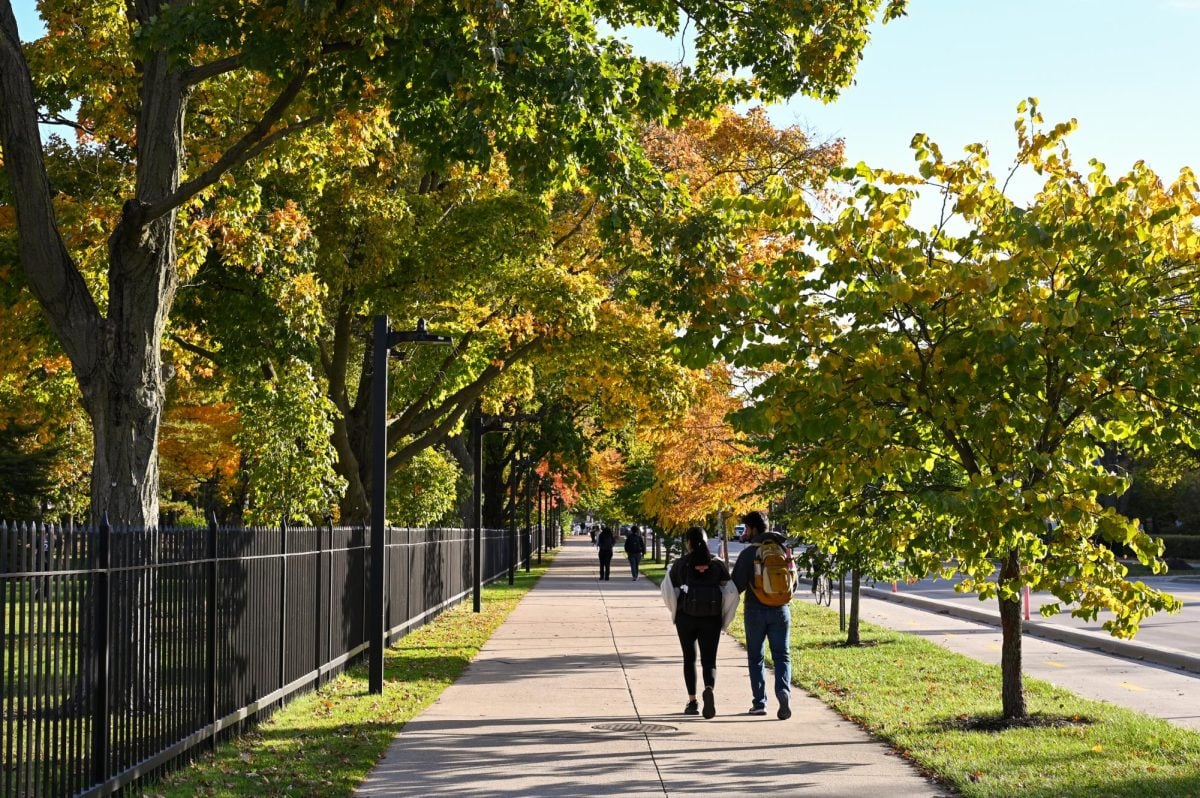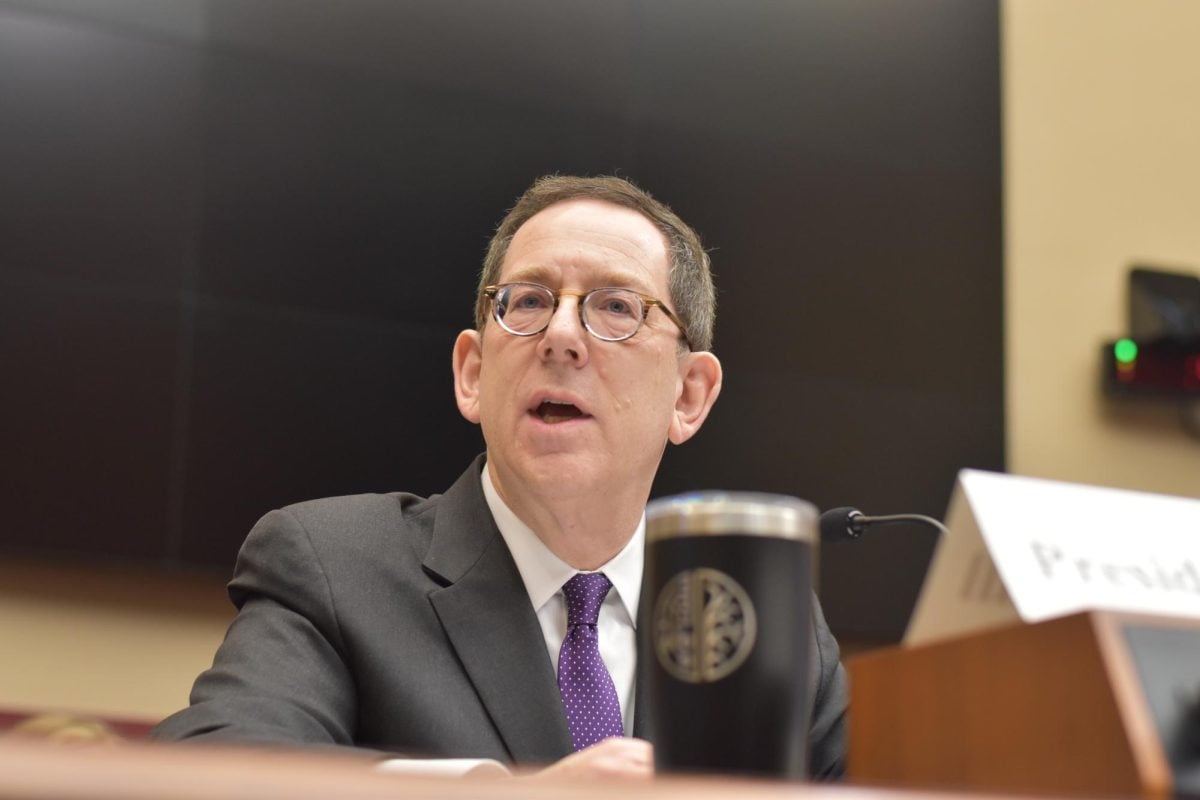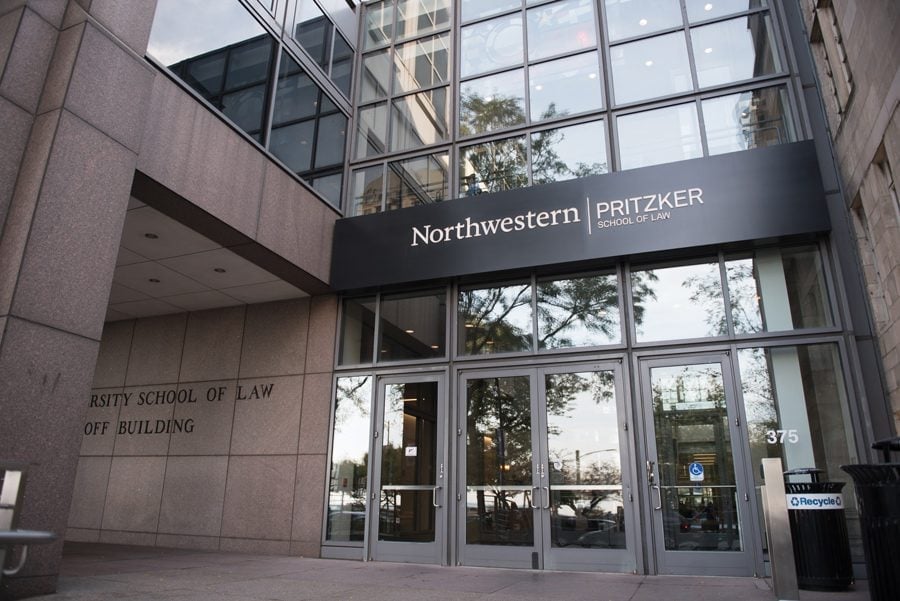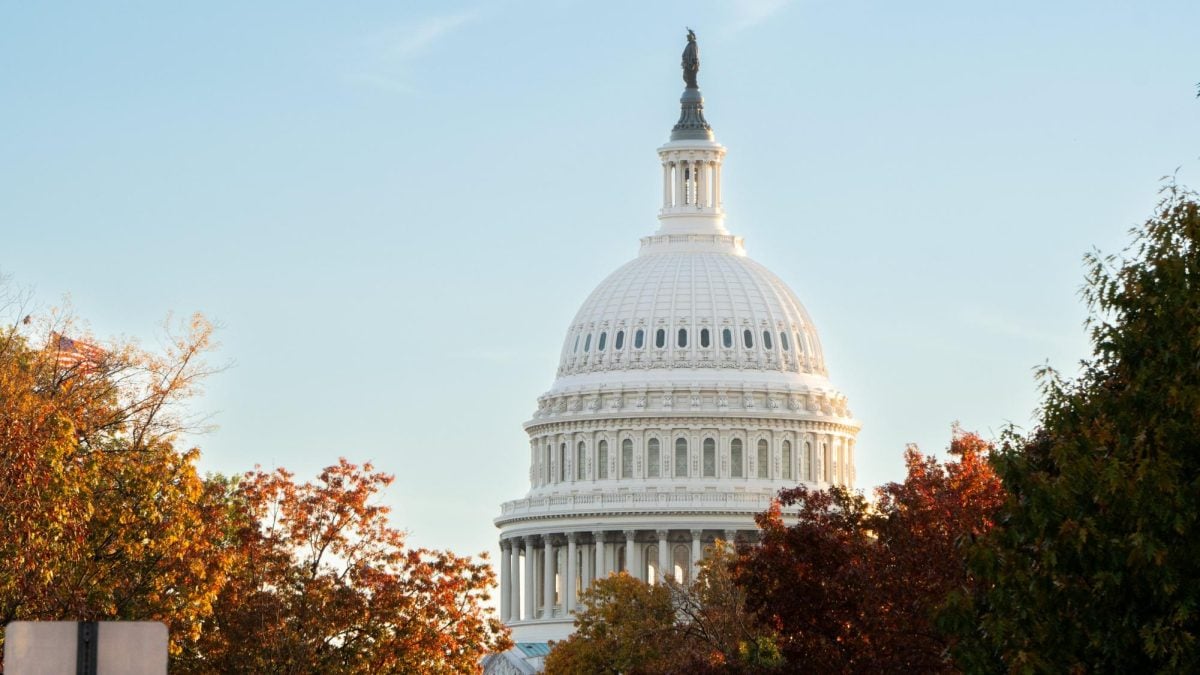Top University officials, including Northwestern President Morton Schapiro, hosted a forum Saturday at Allison Hall, providing an update on the University’s initiatives to increase diversity and inclusion on campus.
The forum was described in an email signed by Schapiro as a “follow-up session” to the discussion held in February on diversity. Schapiro was joined by University Provost Daniel Linzer, Vice President for Student Affairs Patricia Telles-Irvin and Assistant Provost for Diversity and Inclusion Dona Cordero. About 25 students attended the forum, which was publicized in Schapiro’s email to a group of students, some of whom have led the movement for greater diversity on campus.
Schapiro said he wanted students to recognize that progress has been made on inclusiveness on campus but emphasized that much more needs to come.
“We all know there’s a long way to go,” Schapiro said. “The only way to move forward is to be brutally honest with one another.”
He said lasting change will come when students aren’t just “reactive to the terrible incident of the week.”
“Are we just going to be reactive and wait for people to graduate and move on to another disaffected class, or are we actually going to do something about creating the community that we quite often pretend we already have but we certainly don’t do a great job in delivering it?” Schapiro asked.
In the question-and-answer session that ended Saturday’s forum, several students asked for immediate action from the administration before students who have been actively pursuing improvements graduate.
Communication junior Jazzy Johnson said she is worried about students losing passion for improving diversity on campus.
“The past few weeks, I haven’t been sleeping much, because I do worry that we’re about to go to summertime, and all this could be dropped,” she said.
The forum quickly turned to a debate about a proposed cultural competency distribution requirement. Linzer said the only way to enact such a requirement is by faculty consensus.
“The curriculum is the responsibility of the faculty, and they’re the ones who are authorized to put forward course proposals because ultimately they’re the ones that teach the courses,” he said. “While there may be a lot of interest in doing this in this case, part of my responsibility is to think really carefully about what possible outcomes might result once you set that precedent.”
Telles-Irvin also outlined changes she has made since the February forum. She said she has established a new position, director of campus inclusion and community, to work on programming on cultural competency that will happen outside the classroom.
“I really think that’s where it should be,” she said. “That’s where I think we learn the most.”
Telles-Irvin also said the Dean of Students Office recently launched a new website, Respect NU, for reporting bias incidents.
Weinberg junior Chelsea Glenn spoke at the meeting, saying she felt campus discussions of diversity had left out the voices of many women who also feel marginalized on campus.
“It’s very difficult when the majority of the people who are at the head of the diversity campaign are men, and so it’s not something that’s at the front of their mind,” Glenn said. “It’s something that a lot of women still encounter on this campus. There are very clearly male-dominated spaces and there has been open hostility to women.”
Schapiro said he is hopeful that NU can improve diversity because students have taken the lead on the issue.
“Everybody thinks they’re part of the solution,” he said. “It’s not the sort of thing on some campuses where everybody just says, ‘Oh, it’s the president. If the president really cared about inclusion, we’d have a better university or college.’ What I love about Northwestern is that everybody says they’re part of the solution, and that gives me hope.”






